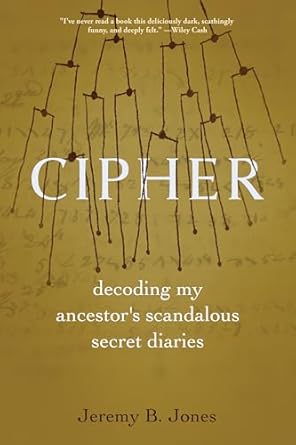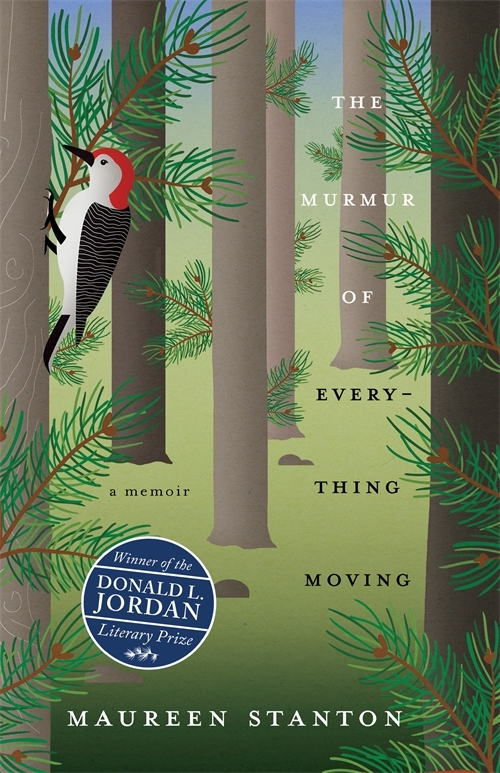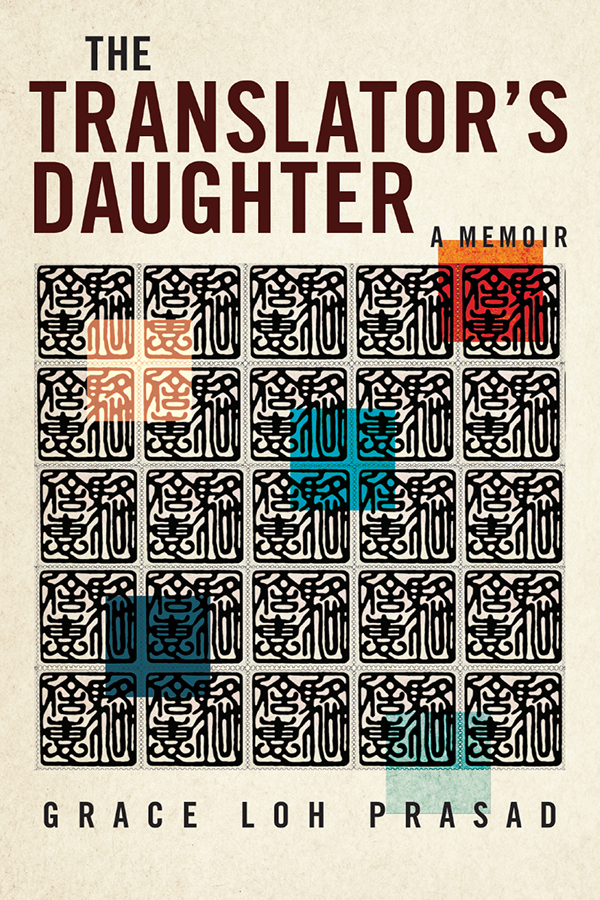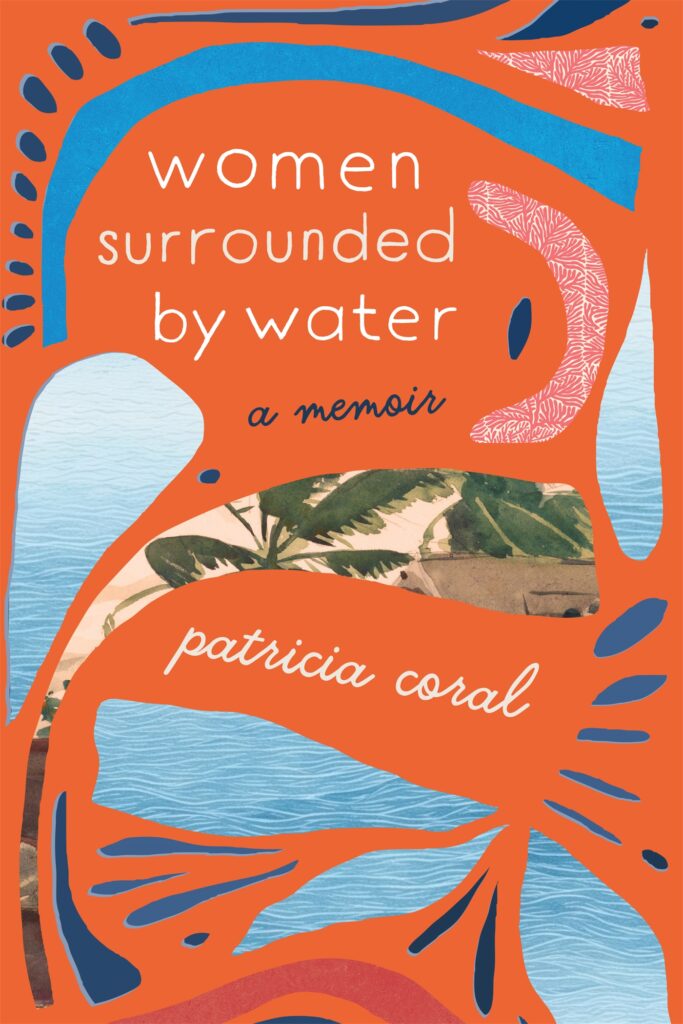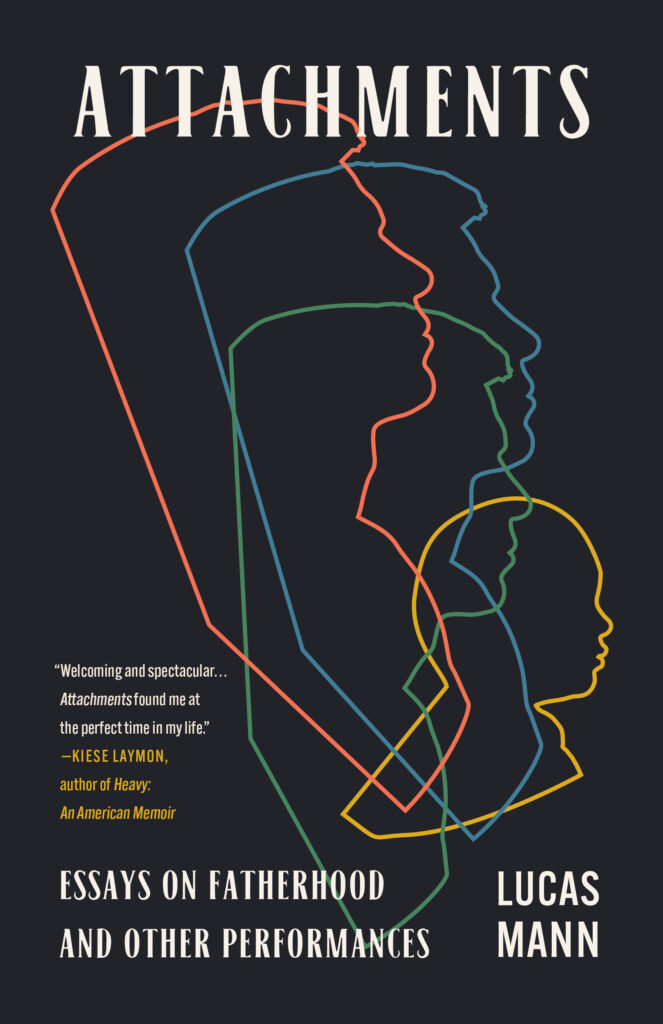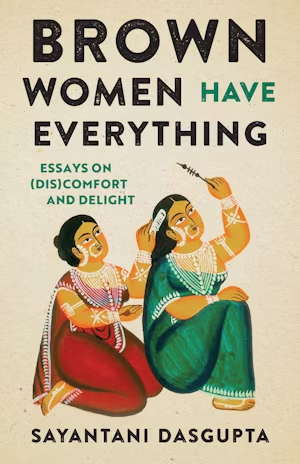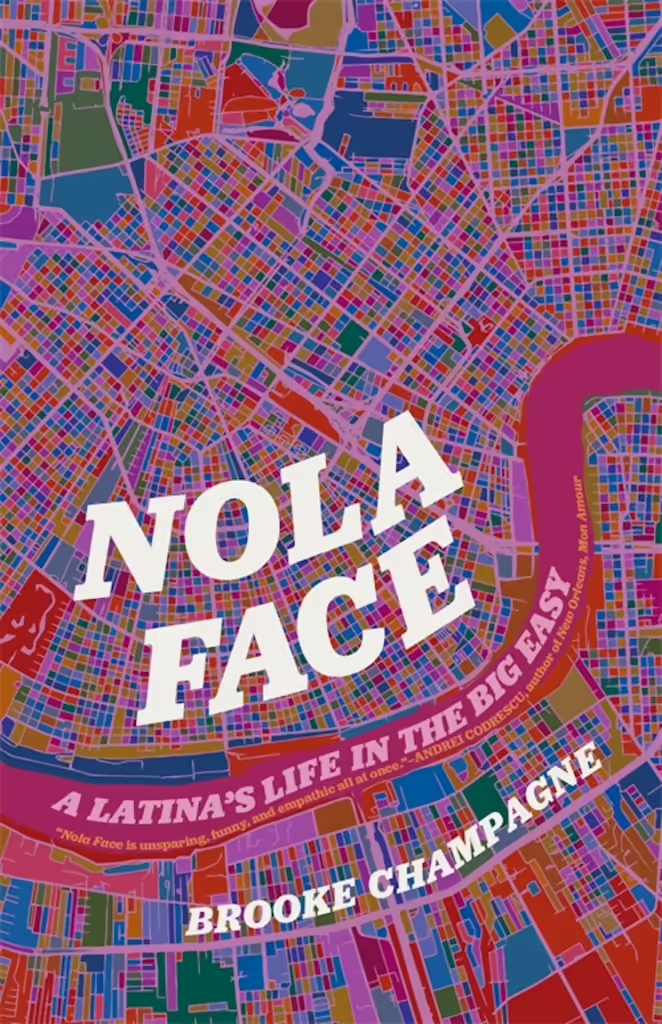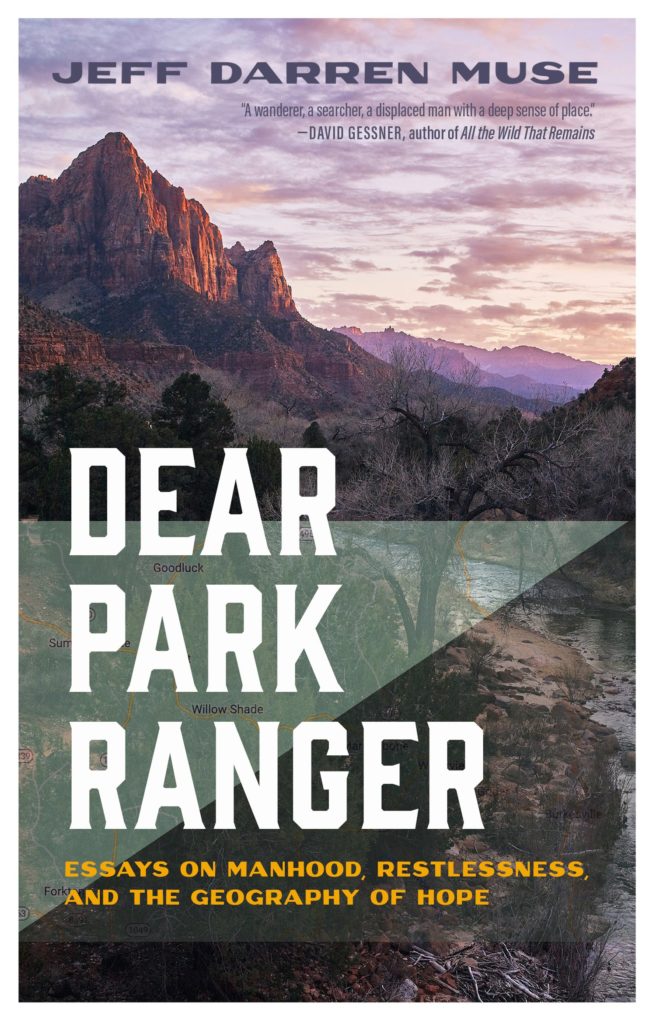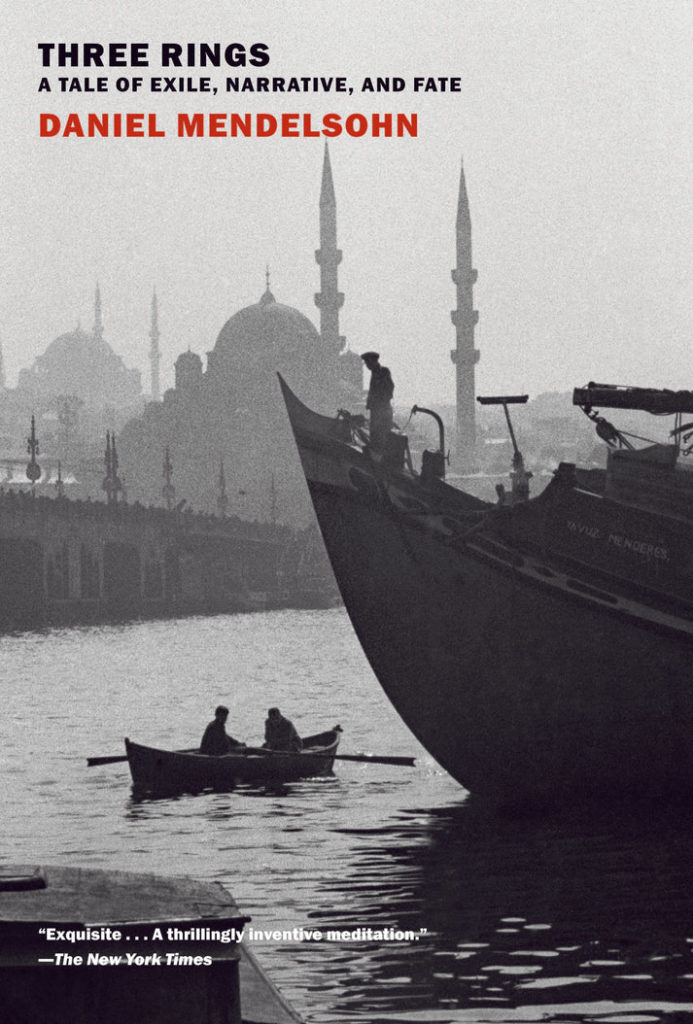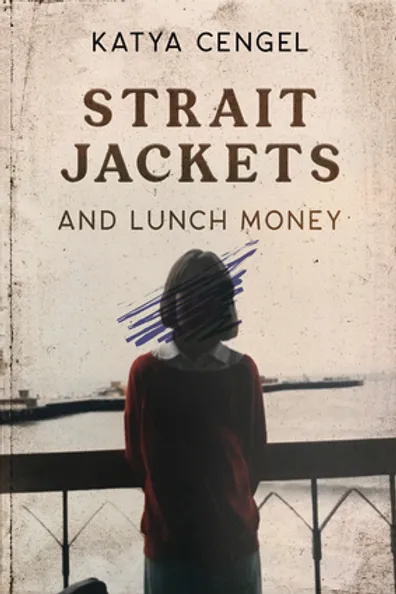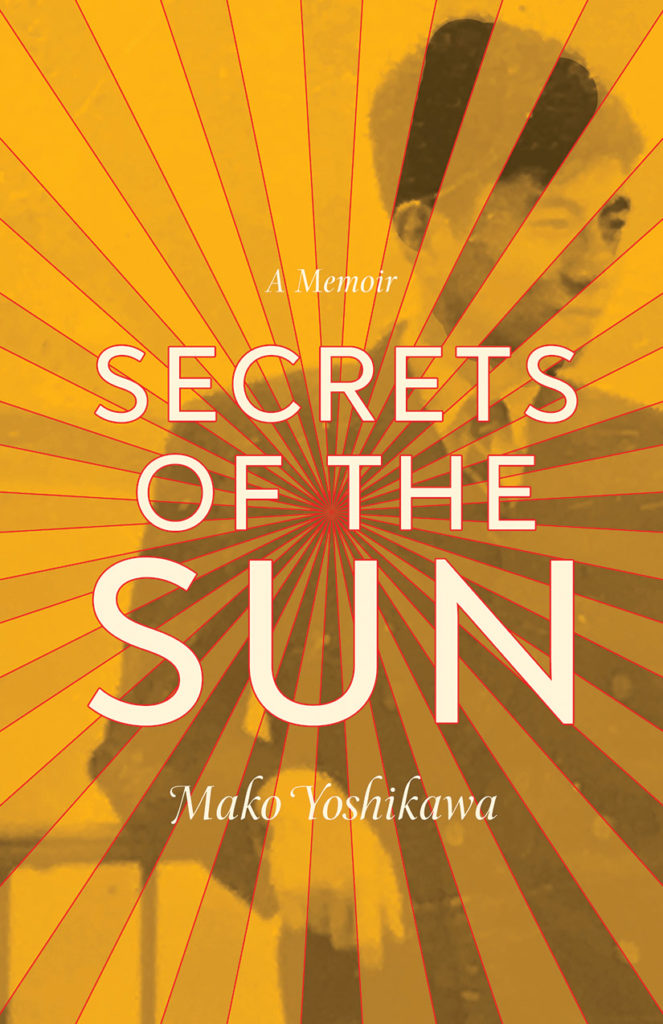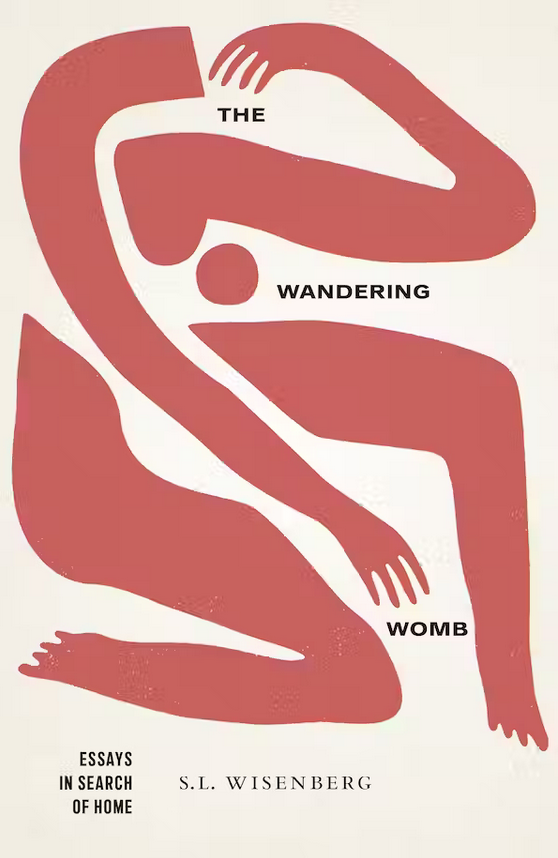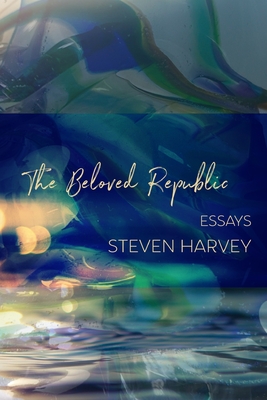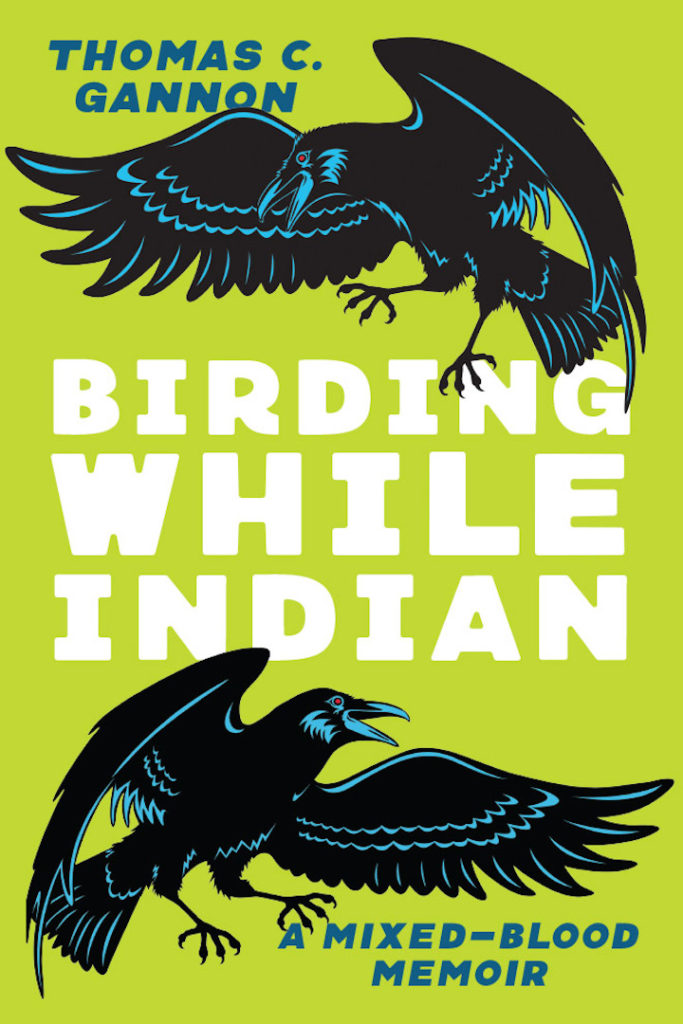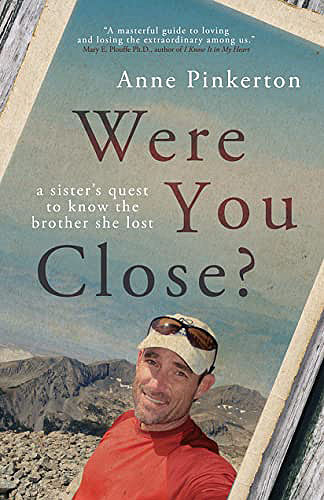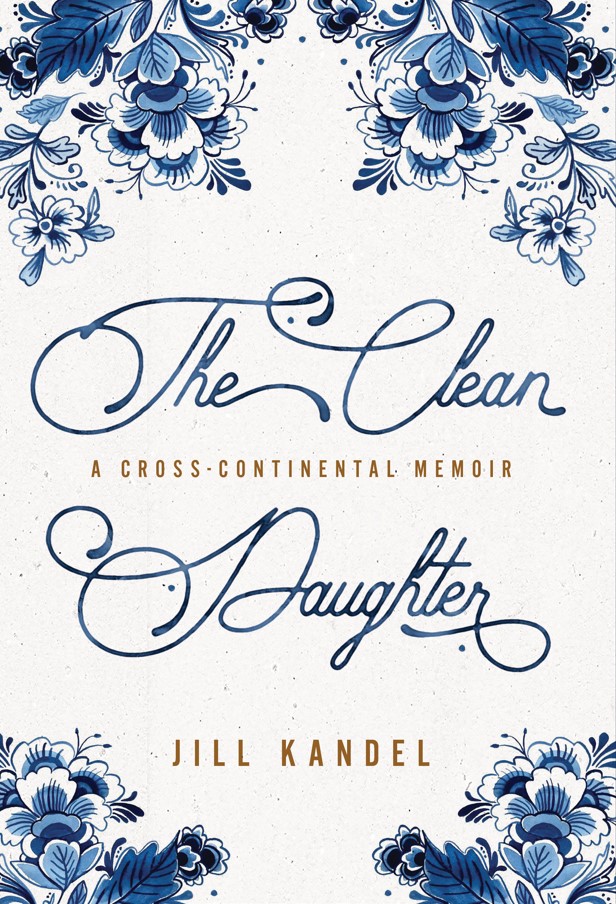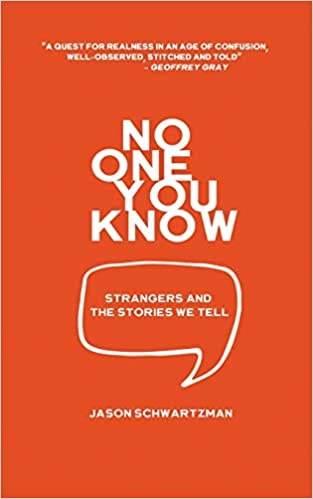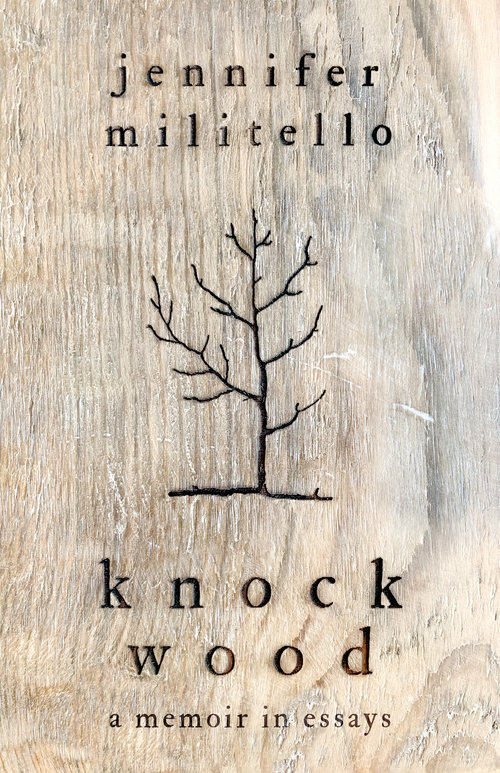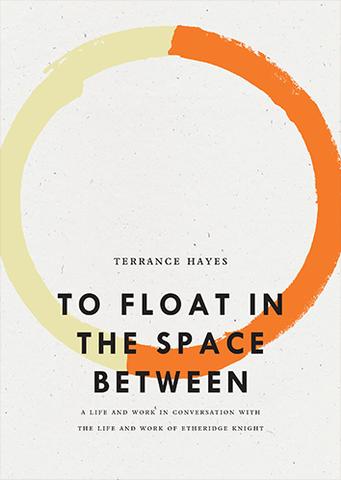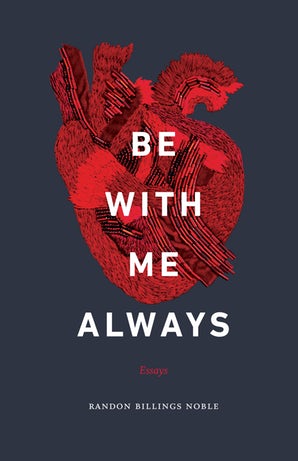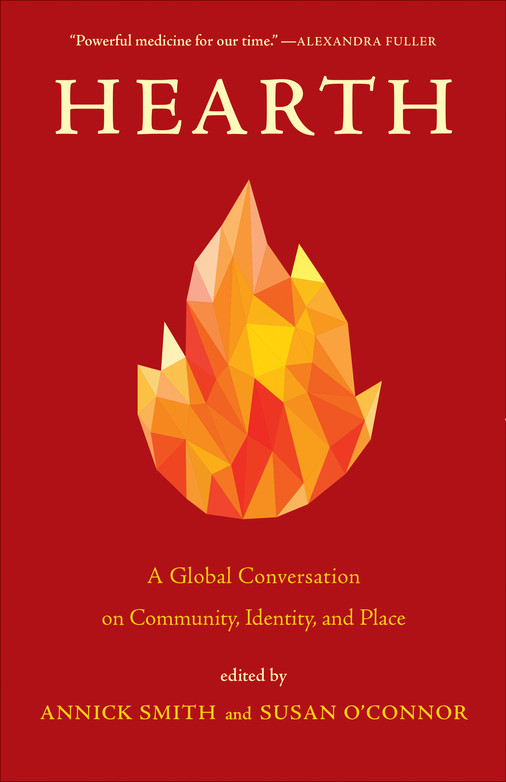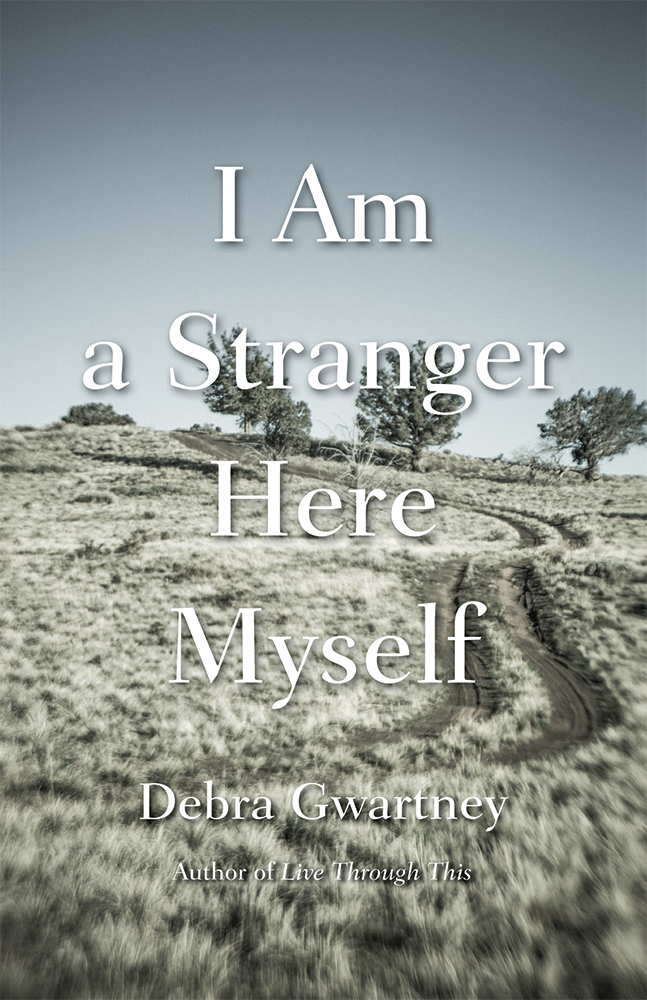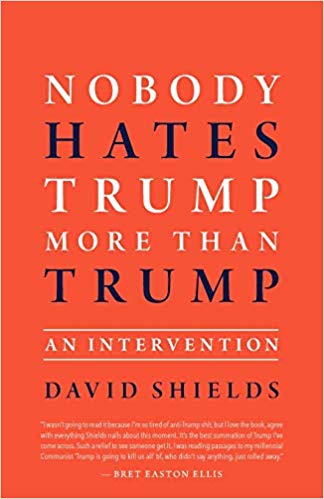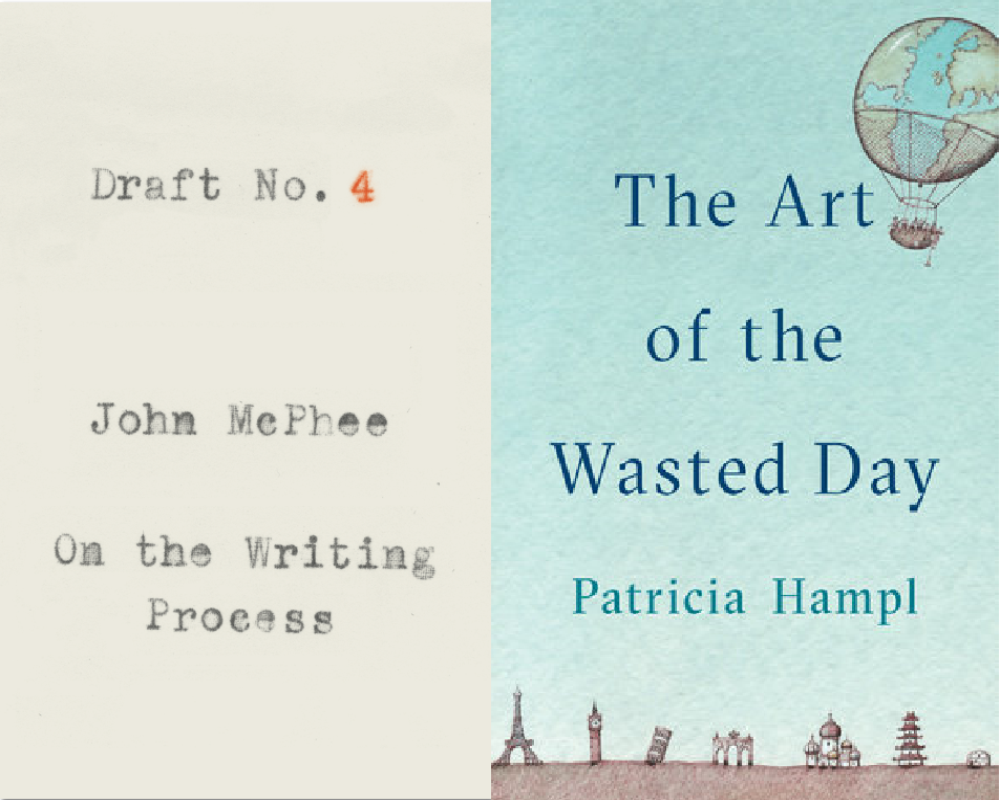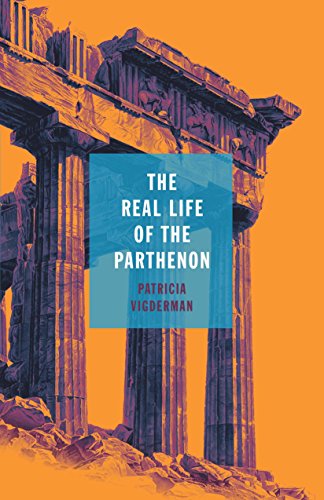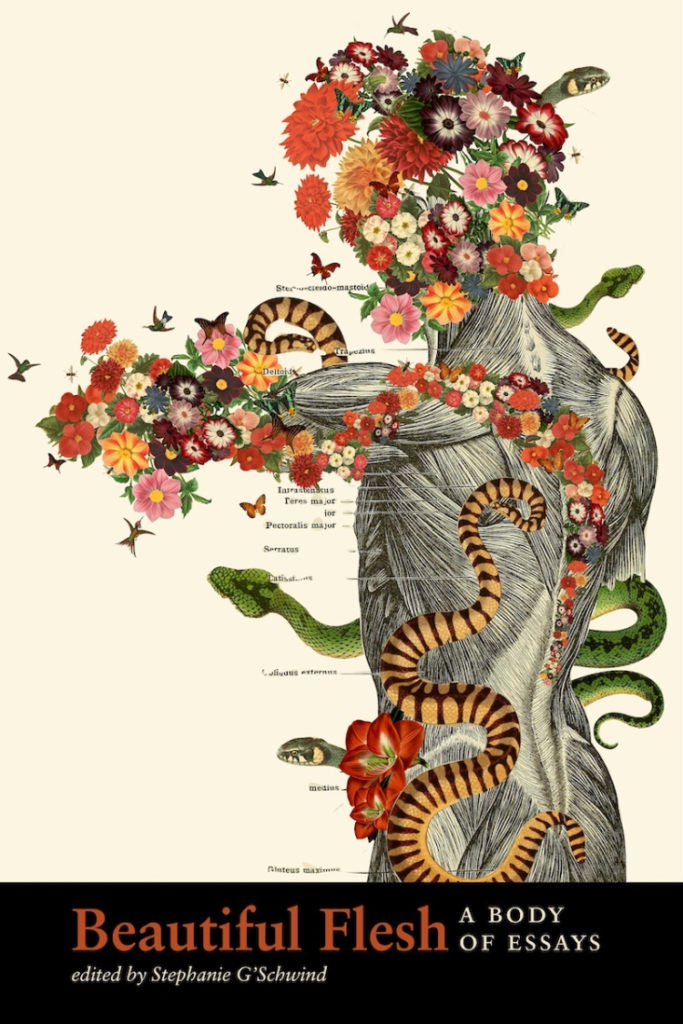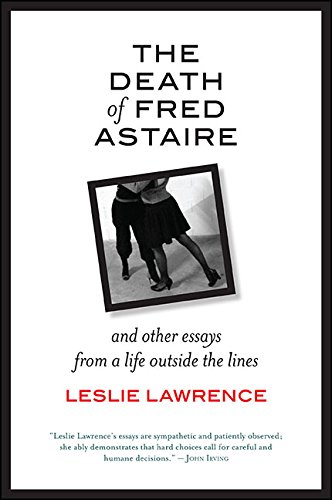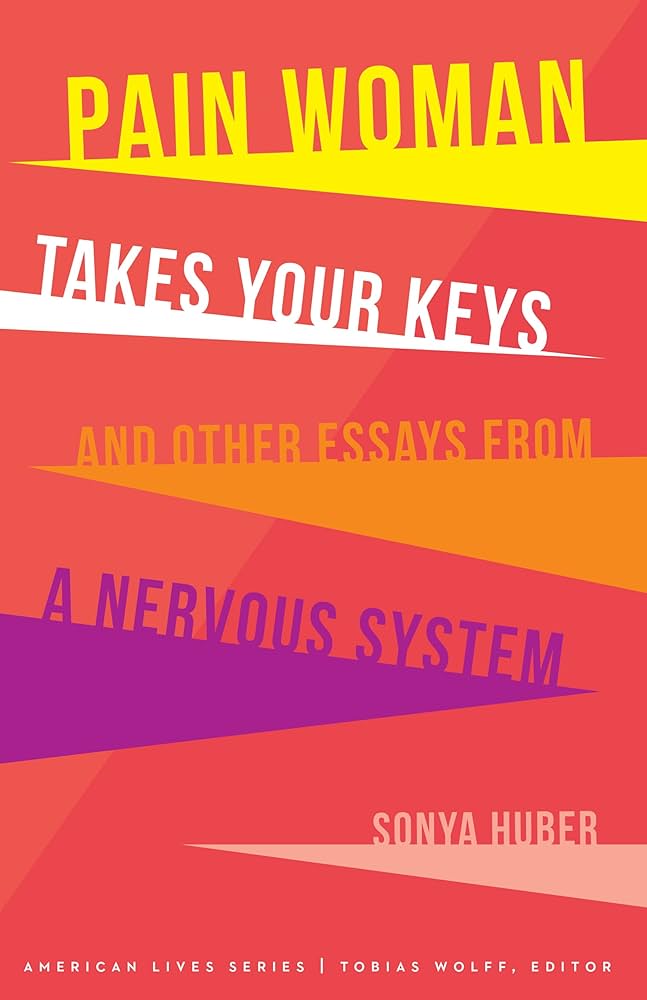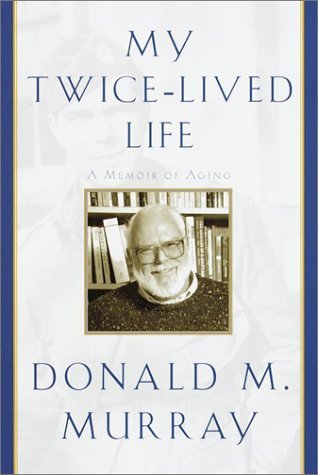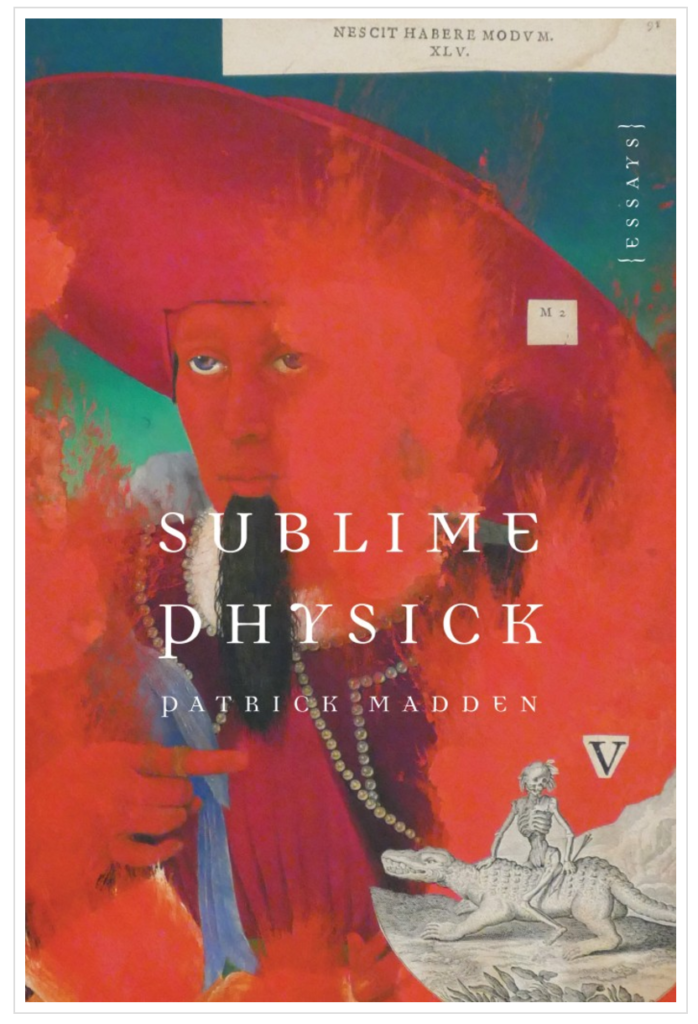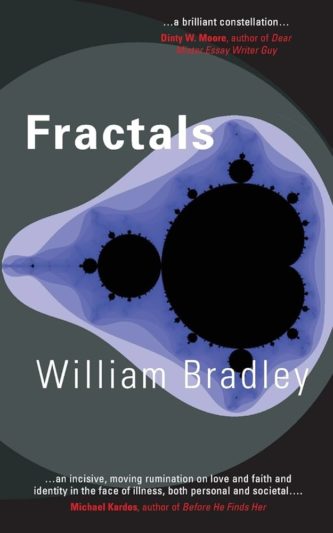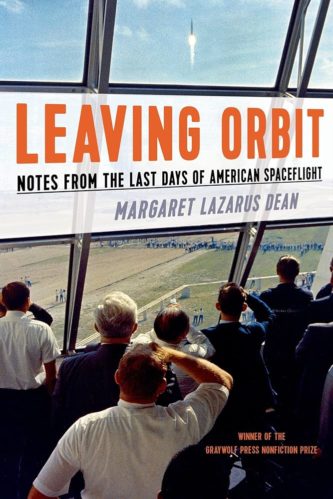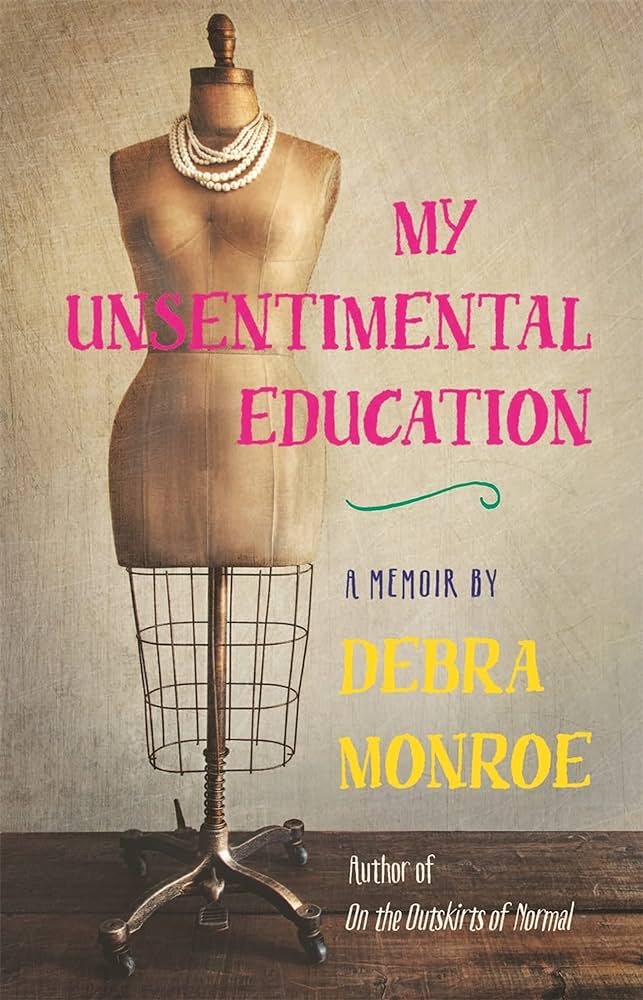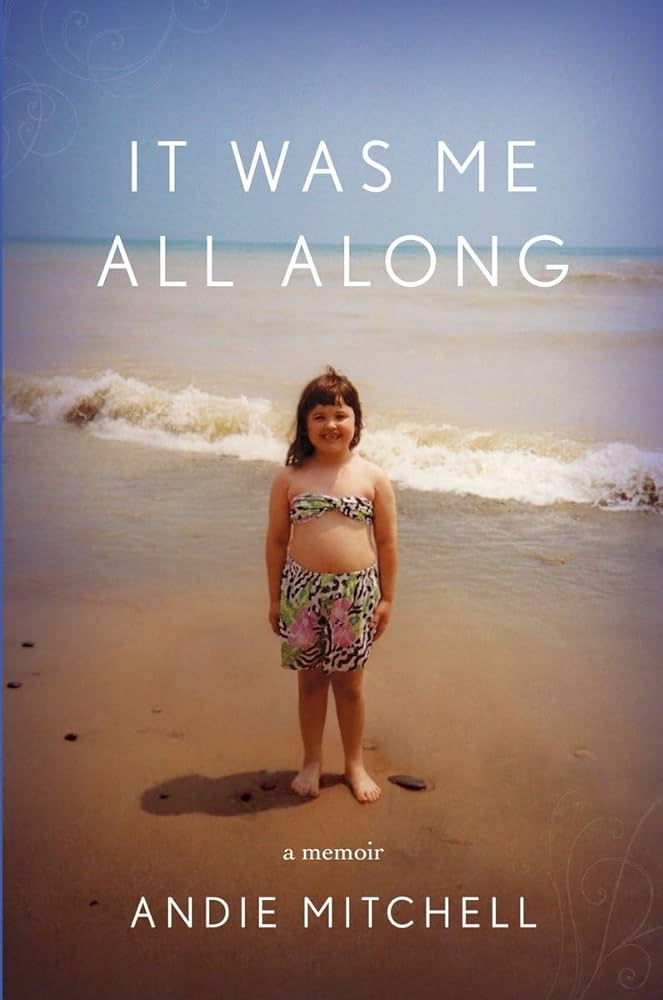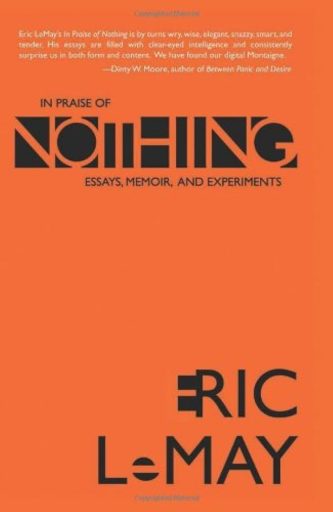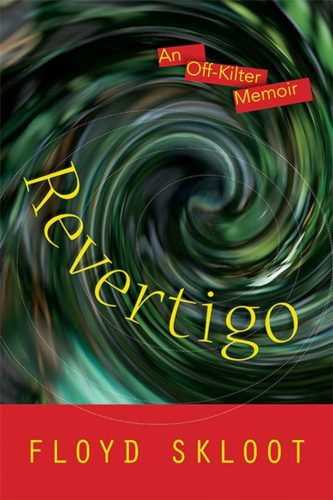By Janice Gary
Ongoingness: The End of a Diary by Sarah Manguso
On the first page of Ongoingness, Sarah Manguso tells us that she started keeping a diary because she didn’t want to lose anything. “I couldn’t face the end of a day without a record of everything that had happened.”
So she wrote—800,000 words over twenty-five years. She wrote so she wouldn’t lose the events of the day; she wrote to assure herself she was paying attention. And the diary—or rather the process of trying to capture her life—became an obsession, a kind of ritual record keeping to try and stop time before it swept her away.
But you won’t see a word from those diaries in Ongoingness, The End of a Diary. Instead, you will read about Manguso’s relationship to diary keeping and the hypergraphia that drove her to record and record and record.
Ongoingness, then, is less an unpacking of the diary itself and more an investigation into the inner motivations that drove her to document her days in such a manically detailed way.
Manguso is a keen observer of inner and outer life, and there are some fascinating insights about the fleeting nature of time and memory. Reflecting on her first diary, a girly thing embellished with teddy bears on each page, she notes her relative disinterest in keeping the pages up. “I didn’t need a diary then. I wasn’t yet aware of how much I was forgetting.”
But as she enters young adulthood and life begins to rush at her, she turns to her diary as a way to counter the corrosive effects of time. She fears that if she does not document her experience, she will lose it, and worse, she won’t remember, as she puts it, “the purpose of continuing.”
It is this issue of continuing, of ongoingness, that Manguso is concerned with here. She rereads those 800,000 words, determined to understand why she needed to cling to them to prove she existed. Reading the first part of this book is to bear witness to someone examining not just her former life but her former self. Why, she seems to ask again and again, was it not enough just to live? Why did she need to leave a trail of words behind her in order to move on into the next day?
Such probing reflection makes up more than half of this slim eighty-eight page volume. Past experiences and people make only brief appearances in the diary. Most often she falls back to recording her ideas about her experience rather than the actual experience.
Throughout the book you find beautiful passages, echoes of what she sought to achieve in her diaries: “Language as pure experience, pure memory . . . sentences that seem as if no one wrote them.”
But much of what Manguso is writing here are observations about observations, which can be trying for the most patient reader. After a while, it feels like as though you’re listening to a good friend who goes on and on for hours about how she finally figured out why her last romance went bad. You want to say, enough already. Enough about wanting to stop time and be detached and needing to “record the present moment before entering the next one.” Just get on with it.
And then, halfway through the book, something unexpected happens. Manguso does get on with it. She undergoes an experience that overrides the need to record. She becomes a mother.
This is when the reader begins to have something real and concrete to cling to; life itself rather than documenting it. “My body, my life, became the landscape of my son’s life. I am no longer merely a thing living in the world; I am a world.”
At this point, Manguso begins to inhabit time differently She keeps writing the diary, but the worry of lost memories begins to subside, replaced with a mute ability to wait for the next minute, the next hour. “I had no thoughts, no self-awareness, just the ability to sit with a little creature who screamed and screamed.” She marvels that the diary is now mostly about her son.
His existence, the very act of partition itself, changes the writer’s relationship to ongoingness. She begins to think in terms of generational continuance. “Lives stop, but life keeps going. Flesh begets flesh.”
Near the end of the book, she accepts that not everything can be remembered. “I have become, in a way, inured to the passage of time.” She no longer is as interested in beginnings and ending as she is in the middle of things, the unfolding present.
Although Manguso states that endings are not appealing to her, this book is about endings—not only of a diary, but of a particular way of seeing and being in the world. She emerges from this exploration with a new relationship to time and memory, a writer in transition—more grounded, more here, but still surprised at where she has landed.
One of the delights of Manguso’s previous work, the memoirs The Two Kinds of Decay and The Guardians, is her ability to crystallize the essence of thought in a scattering of sentences, moving the reader forward in great hopscotch leaps across the page. Ongoingness continues in this vein, although this book has moments that, frankly, challenge the reader to continue. Yet there is no doubt that she is a trailblazer of literary nonfiction, a daring stylist with a singular voice and dazzling insights.
“Before I was a mother,” she writes, “I thought I was asking, How then, does one survive forgetting so much? Then I came to understand that the forgotten moments are the price of continued participation in life, a force indifferent to time. . . . And I’m forgetting everything.”
Graywolf Press
$15.00 Paperback | Buy Here!
Janice Gary is a writer, teacher and lecturer of creative nonfiction in all its glorious forms. She is the author of the award-winning memoir Short Leash: a Memoir of Dog Walking and Deliverance, published by Michigan State University Press (2013). www.janicegary.com.



